- Who We Are
- Topics
- By Subject Area
- dummy
- By Level
- Projects
- Projects Column 1
- Agency by Design
- Aligned Programs for the 21st Century
- Artful Thinking
- Arts as Civic Commons
- Causal Learning Projects
- Center for Digital Thriving
- Citizen-Learners: A 21st Century Curriculum and Professional Development Framework
- Creando Comunidades de Indagación (Creating Communities of Inquiry)
- Creating Communities of Innovation
- Cultivating Creative & Civic Capacities
- Cultures of Thinking
- EcoLEARN Projects
- Educating with Digital Dilemmas
- Envisioning Innovation in Education
- Global Children
- Growing Up to Shape Our Place in the World
- Projects Column 2
- Higher Education in the 21st Century
- HipHopEX
- Humanities and the Liberal Arts Assessment (HULA)
- Idea Into Action
- Implementation of The Good Project Lesson Plans
- Inspiring Agents of Change
- Interdisciplinary & Global Studies
- Investigating Impacts of Educational Experiences
- JusticexDesign
- Leadership Education and Playful Pedagogy (LEaPP)
- Leading Learning that Matters
- Learning Innovations Laboratory
- Learning Outside-In
- Making Ethics Central to the College Experience
- Making Learning Visible
- Multiple Intelligences
- Navigating Workplace Changes
- Next Level Lab
- Projects Column 3
- Out of Eden Learn
- Pedagogy of Play
- Reimagining Digital Well-being
- Re-imagining Migration
- ROUNDS
- Signature Pedagogies in Global Education
- Talking With Artists Who Teach
- Teaching for Understanding
- The Good Project
- The Studio Thinking Project
- The World in DC
- Transformative Repair
- Visible Thinking
- Witness Tree: Ambassador for Life in a Changing Environment
- View All Projects
- Projects Column 1
- Resources
- Professional Development
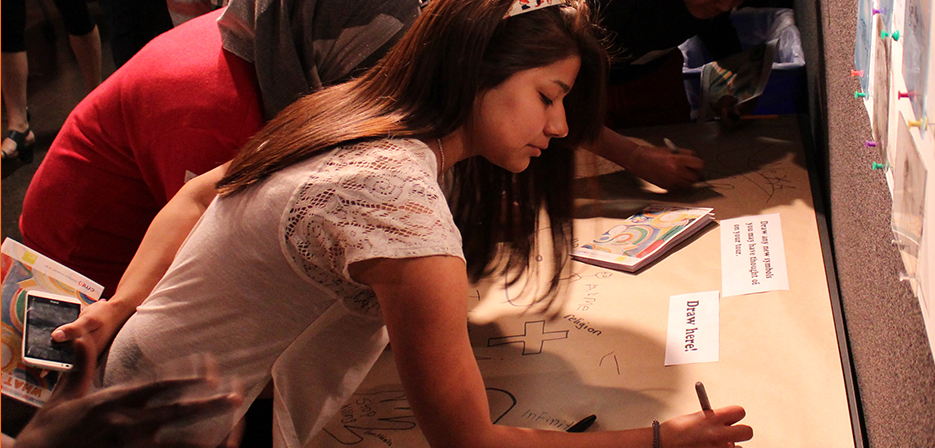
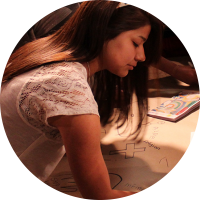
Cultivating Creative & Civic Capacities
Developing dispositions toward creative problem solving, nuance, imagination and empathy
Creativity – or using imagination and critical thinking to generate new ideas of value – has always been valued in human societies as critical for fulfillment and success for individuals, communities, industries, and countries. As our contemporary world grapples with the complex opportunities and challenges of human diversity, technological advancements, environmental sustainability, etc., developing the disposition towards creative problem solving, nuance, imagination and empathy is more pressing than ever.
The Cultivating Creative & Civic Capacities project is a 3-year research-practice collaboration between the Columbus Museum of Art (CMA) and Project Zero-Harvard to investigate and document ways to catalyze young people’s capacities for creative and critical thinking and a sense of community with room for divergent perspectives, and the conditions that promote young people’s curiosity about complex issues, openness to engaging multiple, often divergent, viewpoints, and a sense of social responsibility about actions they may take.
The PZ team has supported CMA’s efforts to build on and extend its Teaching for Creativity framework; to design productive ways of examining the role of creativity in developing civic capacities; and to enhance and track the impact of the framework on teachers.
Follow these links below for specific C4 resources:
C4 at-a-glance – The premise, rationale, and overview information about the project, along with key points and potential challenges for each of the C4 lenses (Interconnectedness, Investigation, Imagination, Influence). Good for: Gaining a introductory understanding of C4 and what makes it unique and powerful; revisiting for clarification as you explore C4 in your practice.
Concept Papers – Explore the four core lenses of C4 – ideas for viewing situations in creative and civic ways. Good for: Teacher reflection and group discussion; a conceptual grounding and “why” for the other resources.
Ideas for Practice – Concise ideas for tapping into each C4 concept in your practice, developed with the teacher- researchers of C4. Ideas range from simple phrases that target C4 thinking to broader inspiration for year-long explorations. Good for: Finding a starting point that integrates well into your context and teaching style.
Tools – Activities that support a specific C4 concept lens: Investigation, Imagination, Influence, and Interconnectedness. Good for: Promoting creative engagement with civic matters; creating routines to set a classroom culture of exploring the C4 terrain.
Creativity Challenges – Playful prompts to support creative and civic habits. Includes tips and variations to tailor to your contexts. Good for: Encouraging divergent thinking; loosening students up to approach civic topics with imagination and courage; promoting collaboration and culture-building.
C4 Thinking with Art Kit – A thinking routine and follow-up questions, tips sheet, and sample art works from the CMA collection to promote observation-based exploration and other types of C4- supportive thinking. Good for: Getting started with using art to practice habits of Investigation, Imagination, Influence, and Interconnectedness; launching conversations that embrace ambiguity.
We are grateful for the courageous investigations and imaginations of the C4 teachers: Marc Alter, Maggie Boggess, Lindsey Danhoff, Lori Ehrensberger, Becky Grabosky, Eric Gregg, Dione Greenberg, Molly Hinkle, Rachelle Howland, Laura Koontz, Karmyn Metzger, Sarah Pence, Emily Reiser, Sarah Rough, Christine Scarborough, Pam Sexton, Meredith Stone, Matt Szozda, and Andrea Vescelius.
C4 project team: Project Zero: Flossie Chua, Mara Krechevsky, David Perkins, Julia Wareham Columbus Museum of Art: Jason Blair, Caitlin Lynch, Jennifer Lehe, Britanie Risner, Cindy Meyers Foley
Project Info
FUNDERS::
Martha Holden Jennings Foundation, Battelle


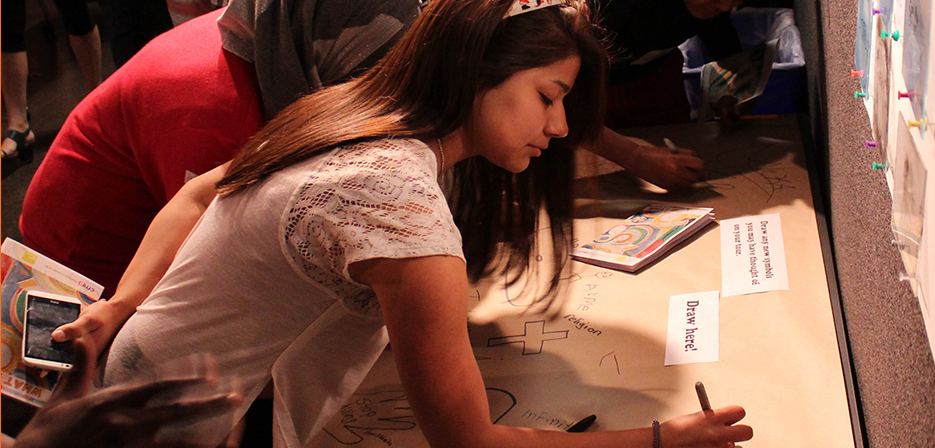
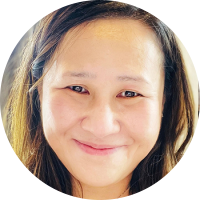
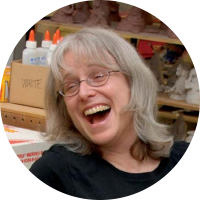

-
-
-
Support PZ's Reach